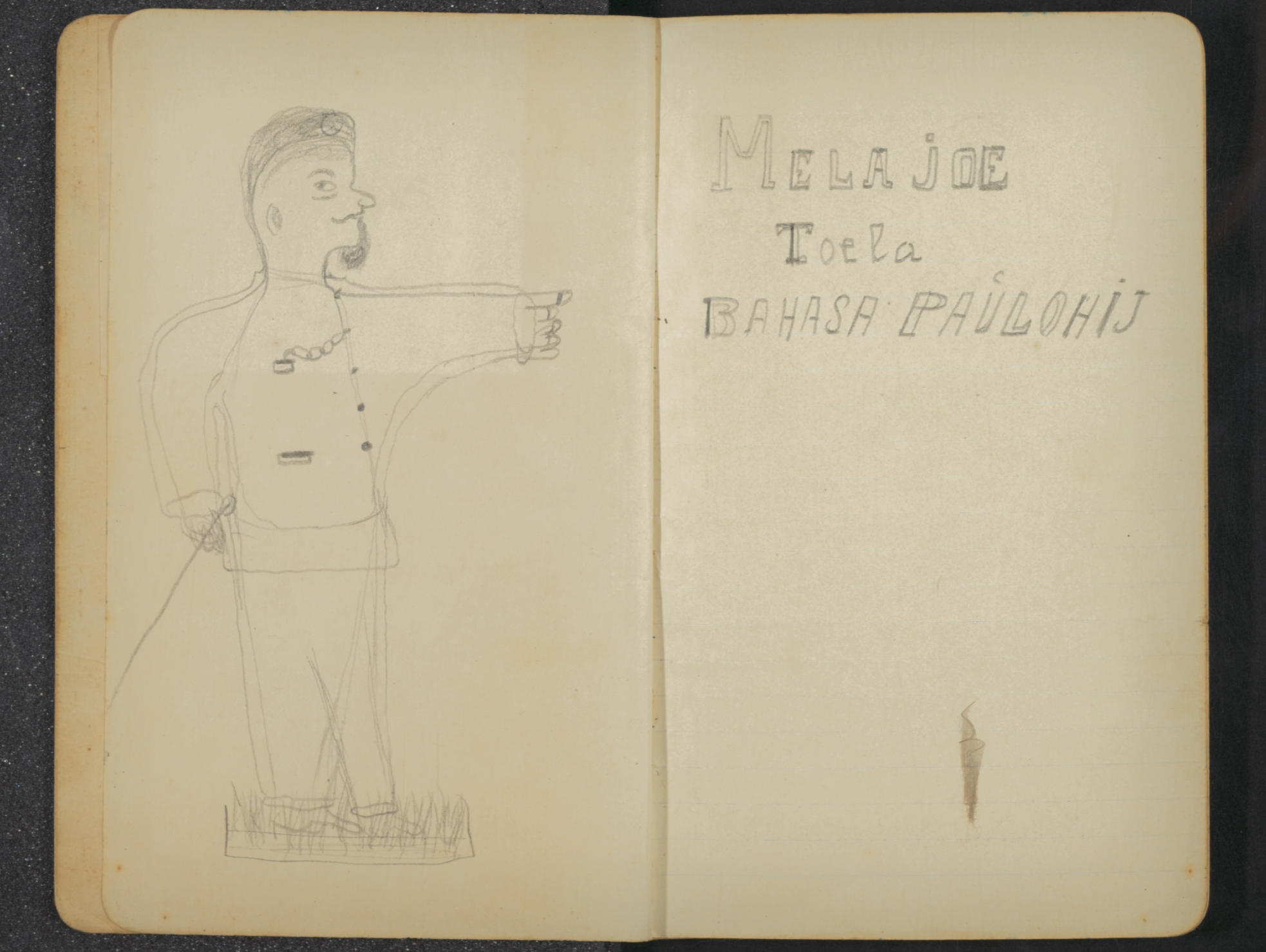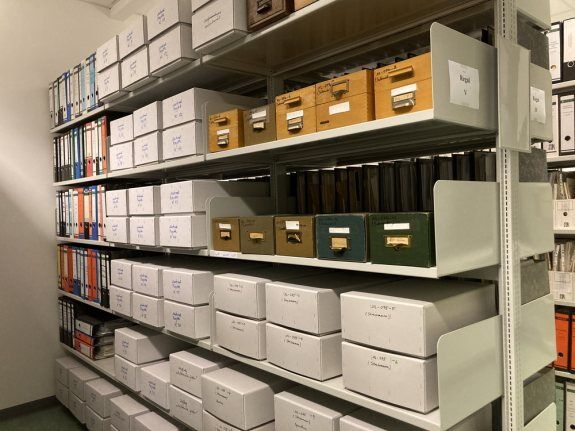Philipp Schorch, Magnus Treiber & Luisa Marten
Markus Mailopu and the "II. Freiburg Moluccan Expedition"
Postcolonial debates around ethnographic and archival collections have spurred initiatives of provenance research and calls for restitution. Still comparatively little attention has been paid to the complexity of ethnographic knowledge production and the connected histories of ‘anthropology’s interlocutors.’ Although embedded in asymmetric power relations that entangle local particularities with a (post)colonial globality, their relationships have relied on mutual engagements to inform knowledge claims that linger on to this day.
In this context, estates from the "II. Freiburg Moluccan Expedition" (1910 – 1912), conducted by German scientists Karl Deninger, Odo Deodatus Tauern and Erwin Stresemann, indicate an intense rapport between the expedition participants and Markus Mailopu, who came from the island Seram in present-day Indonesia. Mailopu accompanied the expedition members to Germany and substantially contributed to their academic research. By tracing his relationship with the German scientists and his involvement in scientific knowledge production through what mostly are German archival records—visual, textual, cartographic and material—Mailopu serves as a key figure in finding gateways into the systematic decolonizing of anthropology’s history and practice.
This collaborative project pursues the methodological decolonization of historically inscribed research material and knowledge by reassembling and reactivating these resources through digital visualization and interpretive redistribution among various stakeholders in Indonesia. Following this approach, this project tackles the systematic question of how anthropological interlocution can be reassembled, reactivated and redistributed to transform the mutual, asymmetrical relations that underpinned the global, scientific entanglements of the past and recasting them into more reciprocal, symmetrical forms of cross-cultural knowledge generation in the present towards the future.
The project is financed by the Fritz Thyssen Foundation (Fritz Thyssen Stiftung)
Subproject
- Markus Mailopu and the "II. Freiburg Moluccan Expedition": Reactivating archival collections through digital curation
(Luisa Marten)
 Two diaries handwritten by Markus Mailopu are among Stresemann's estates. Photo: Luisa Marten.
Two diaries handwritten by Markus Mailopu are among Stresemann's estates. Photo: Luisa Marten.
 View into the depot of the LMU University Archive in Munich where parts of Stresemann's estates are stored. Photo: Clarissa Bluhm.
View into the depot of the LMU University Archive in Munich where parts of Stresemann's estates are stored. Photo: Clarissa Bluhm.

